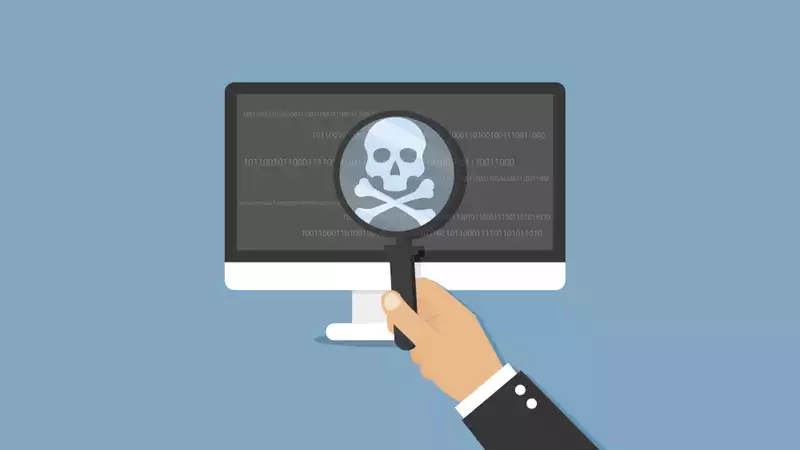People living in developed countries are more vulnerable to cybercrime, according to a new survey by a leading VPN provider.
According to NordVPN, 36% of countries have a high or very high risk of cybercrime, making the Nordics the most dangerous online environment in the world.
This is because Nordic countries have the highest Internet, smartphone, and Instagram penetration, the highest average monthly salary, and the highest e-commerce usage.
NordVPN's Cyber Risk Index argues that factors such as a high-income economy, advanced technological infrastructure, urbanization, and digitization increase the prevalence of cybercrime.
Created in partnership with Statistica, the index analyzed and ranked 50 countries (70% of the world's population) based on their cybercrime risk.
The company claims that cybercrime increases with wages and time spent online, but research shows that Western Europe is moderately at cyber risk due to the shorter time spent online.
North America, like Scandinavia, also experiences high levels of cybercrime, which NordVPN attributes to the higher level of urbanization in both regions, similar levels of Internet and social network penetration, and the highest wages in the world.
According to the study, 9 out of 10 people in Scandinavia and North America use the Internet, 80% buy things online, and 7 out of 10 use Facebook, which NordVPN says leads to increased exposure to cyber threats.
Countries with the highest risk of cybercrime are Iceland, Sweden, United Arab Emirates, Norway, United States, Singapore, Ireland, New Zealand, Denmark, and United Kingdom, while countries with the lowest risk are Ukraine, Iran, Philippines, Thailand, China, South Africa, Indonesia, Iraq, Nigeria, and India.
"Cybercriminals don't look for victims; they look for opportunities. It's like pickpocketing in a crowded place," says Daniel Markuson, digital privacy expert at NordVPN.
"Spend enough time on a crowded bus and a pickpocket will 'accidentally' bump into you. The same is true online. Your cyber risk increases with every minute you spend online."










Comments